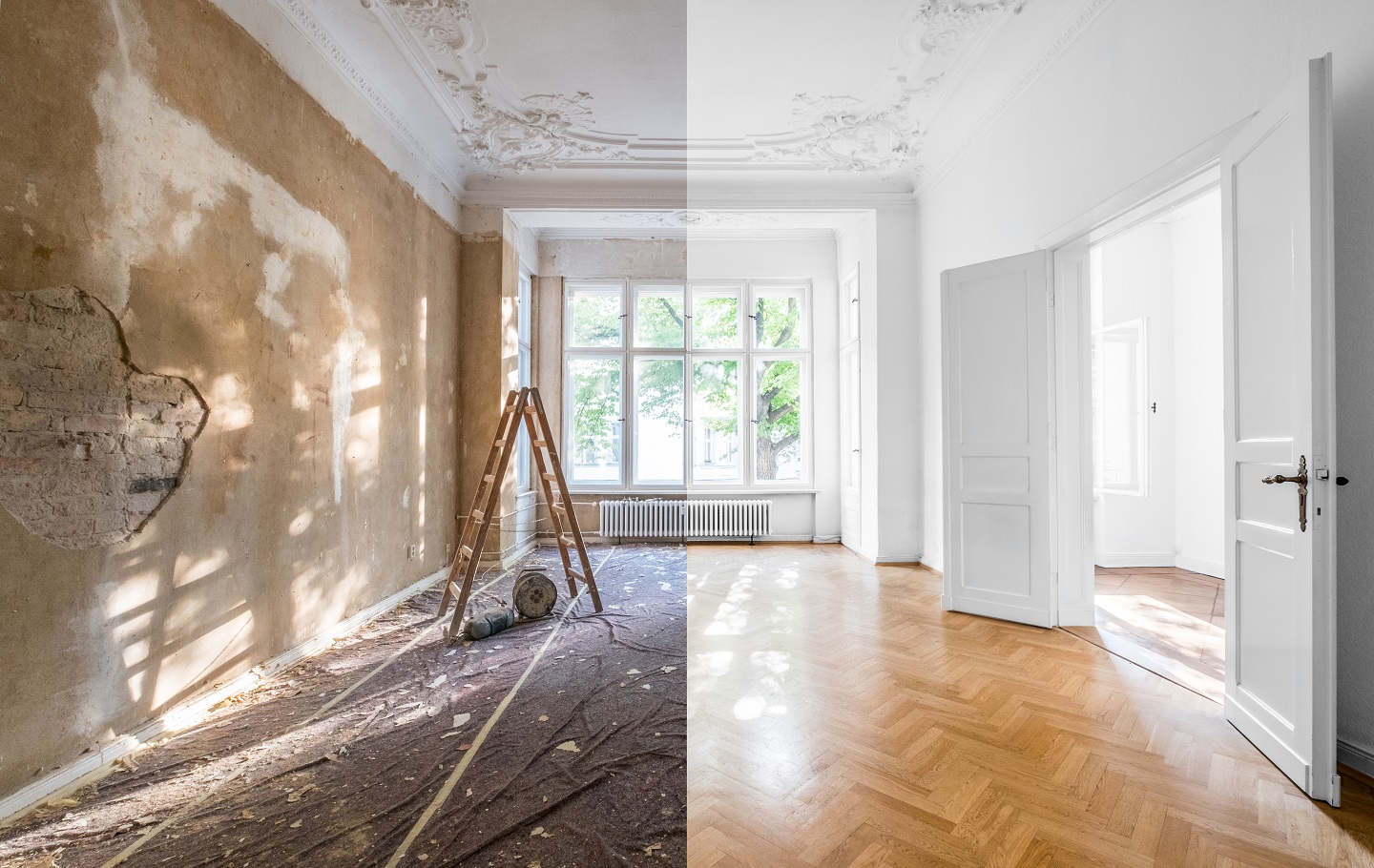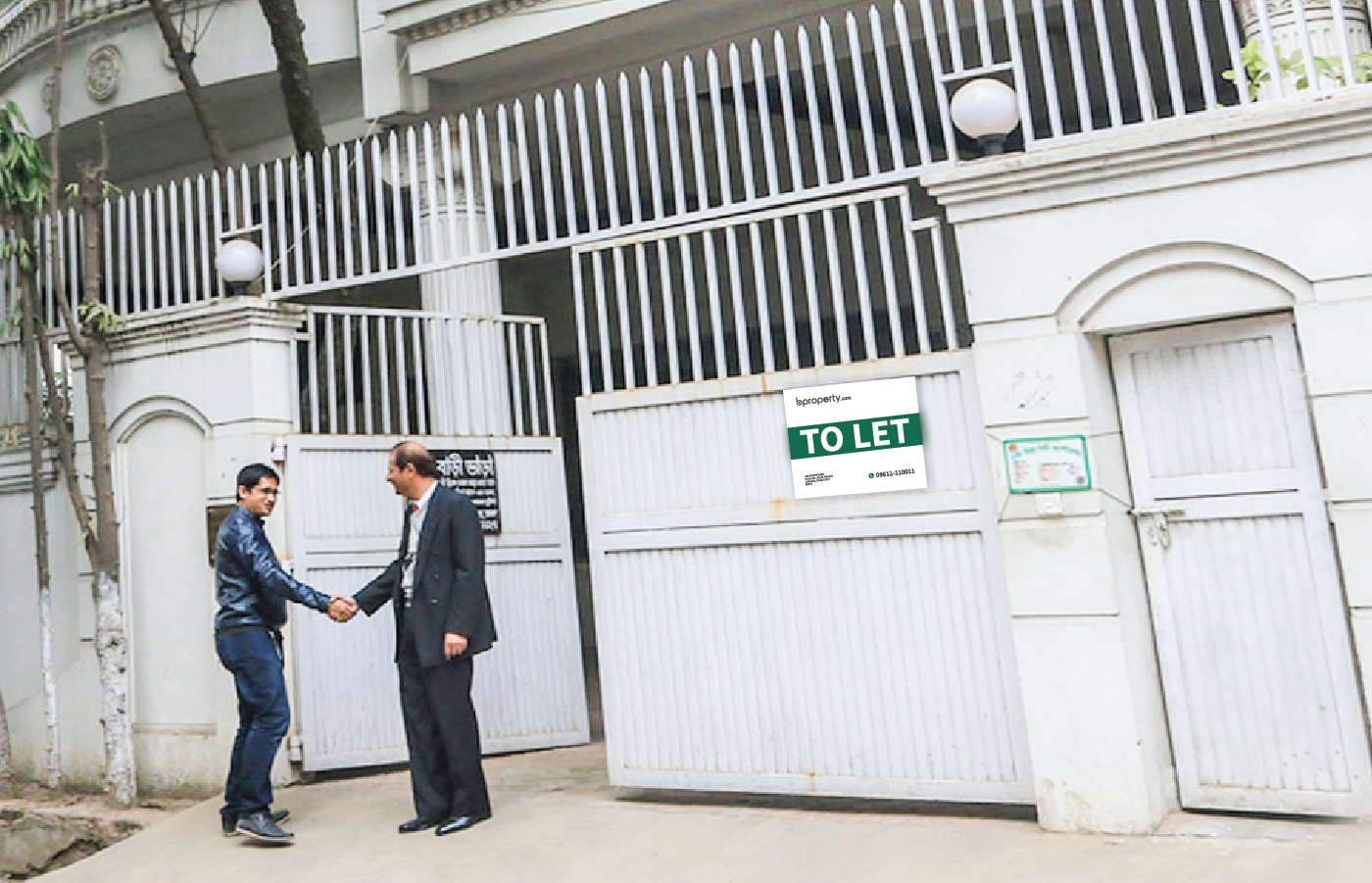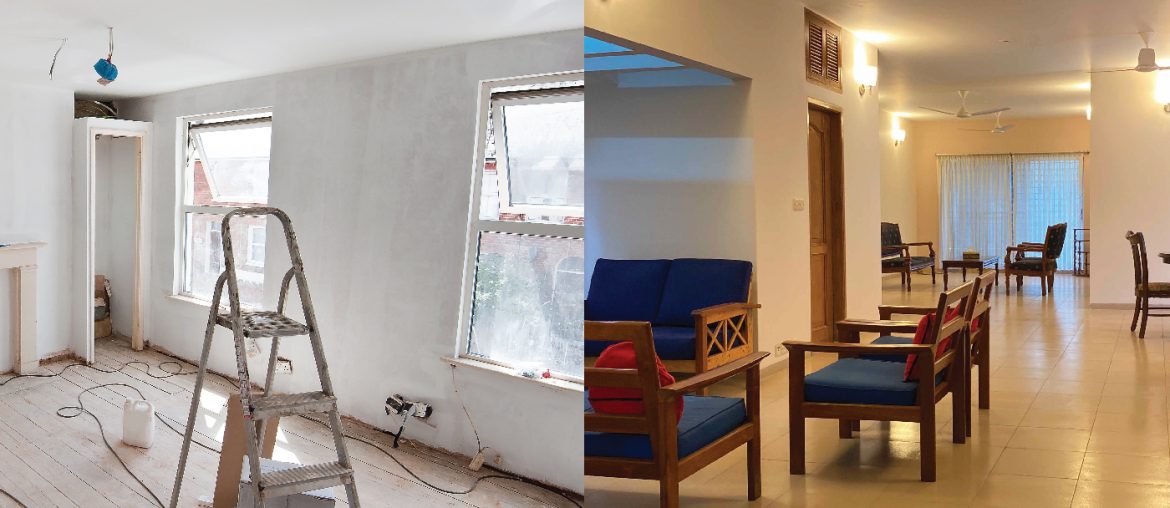The age-old debate of renting vs flipping has made people ponder the question: Which is the better investment? Some people including you may think renting is better because you are generating a stable monthly income. Besides, over time the value of the property will appreciate. But risk-averse buyers may not buy into the idea of long-term investing for obvious reasons. So which one is actually better? Short answer: it depends on the goal you want to achieve. However, the pros and cons of renting vs flipping are something that can’t be ignored. That being said, here are the pros and cons of renting vs flipping a property.
Flipping a house

There are multiple ways to invest in real estate including house flipping, which is one of the most popular investment methods that can give you a high ROI. But what does a flipper house or house flipping actually mean? – Let’s say person A bought a house from person B at as low of a price as possible. Then person A renovated the entire house and sold it quickly to a new buyer (let’s say person C) at a higher price. Here person A, who bought the house from person B and sold it to person C at a profit after renovating it, is called a ‘flipper’. And the house that was flipped or sold is called a ‘flipper house’. And the entire process is called ‘house flipping’.
Here are the pros and cons of house flipping:
Pro: Faster and higher ROI
House flipping is one of the fastest ways to make big money. If the market situation is in your favor, you just have to make some replacement and renovation or sometimes you may need to do a complete remodeling instead of redecoration. But here is the catch. When you are remodeling or redecorating an old house, you are actually making it new. Meaning, you can tag a higher price for the same property that you bought cheaper. Usually, it may take one to two years to flip a house.
Pro: Potentially Safer
In contrast to other markets such as the stock market, the real estate market is much more predictable. This also makes it considerably safe to invest in real estate. Besides, the capital risk associated with the property is also very low because in this strategy it is intended to keep the capital at risk for a minimal amount of time. Also, there is no risk of maintaining the property, finding tenants, and collecting rents.
Con: Higher Costs
Flipping a house is expensive. Depending on the renovation and construction, house flipping can become very demanding and cost you a lot of money which you usually won’t face with long-term investments. Furthermore, the transaction costs are also high for buying a property. Currently, a buyer may have to pay a transaction fee of 11% including registration fee, VAT, TAX, Local tax, etc.
Renting a house

Renting or leasing a property for more than 6 months can be considered as ‘long-term renting or leasing. People’s residential demand almost always remains the same and house rents do not normally go down even during an economic downturn or inflation. This is why renting is considered one of the best investment options.
Pro: Stable income
From an investment perspective, renting a house can benefit you in multiple ways. It generates a stable income every month no matter where you are and whatever you do. Passive income can allow you to become financially independent.
Pro: Property value appreciation
Immovable properties such as land or buildings usually don’t respond to daily price changes and fluctuation. Because the demand and supply of these assets are finite. In other words, inflation has very little effect on a property’s value and this is why the longer you hold your investment property, the more chance it has to appreciate in value.
Pro: Tax
Renting a property can give you certain tax benefits. Since you are generating income through the rental property every month, your taxation will fall under the same tax bracket as others. Suppose, you have a rental apartment that you put up for rent for BDT 25,000 per month. That means, annually you are generating BDT 3,00,000 which is non-taxable income according to the taxation of Bangladesh for the fiscal year of 2021-2022. You can’t say the same thing when flipping a property.
Con: Vacancy cost
When you are dealing with tenants, you also have to deal with vacancies and other costs related to them. This is one of the risks of owning a rental property. Finding tenants and managing them is a challenging task. Luck may not always be in favor of you and your property can stay vacant for months. Besides, those who have taken a mortgage to buy the rental property will have to find other ways to cover the mortgage during the period.
Con: Maintenance costs
Speaking of the pros and cons of renting vs flipping, maintaining a rental property can be really hard and costly since it is a management-intensive task. First-time investors may not be well prepared for the managerial tasks and responsibilities that come with being a landlord. Also, property upkeep can become a hassle considering you have to carry that out routinely.
Final words
As we mentioned before, which strategy is right for you depends entirely on the goal that you want to achieve. Nonetheless, for investors who want to showcase their investment portfolio and want to amass wealth and generate a steady income, rental properties are appropriate for them. On the other hand, flipping properties is usually better for risk-averse investors who don’t want to take the risk of market fluctuation and expect huge instant returns.




